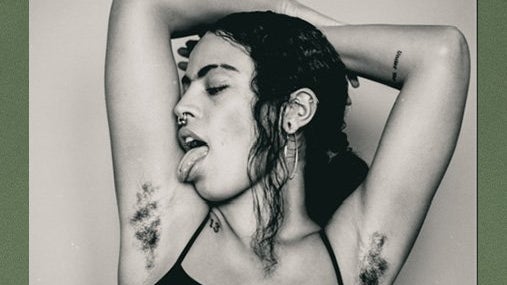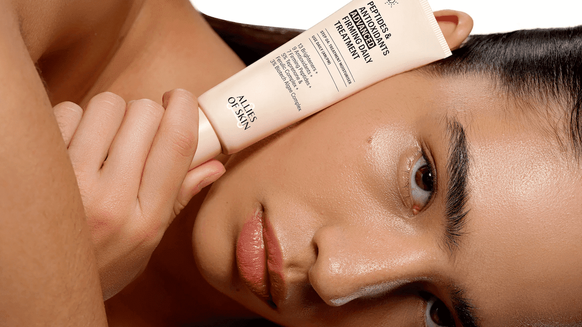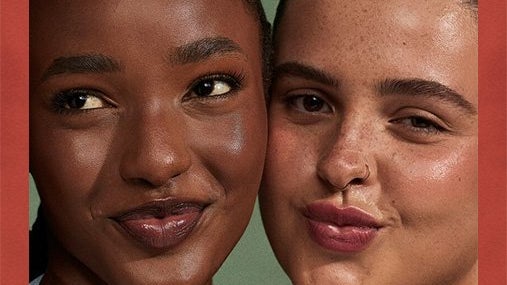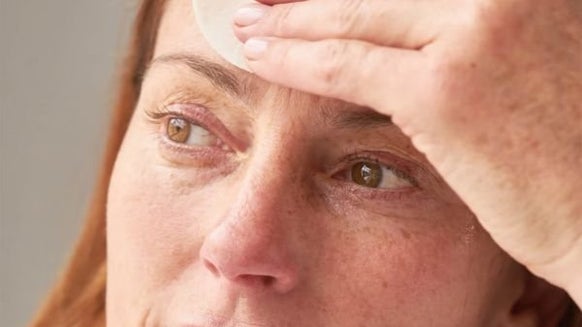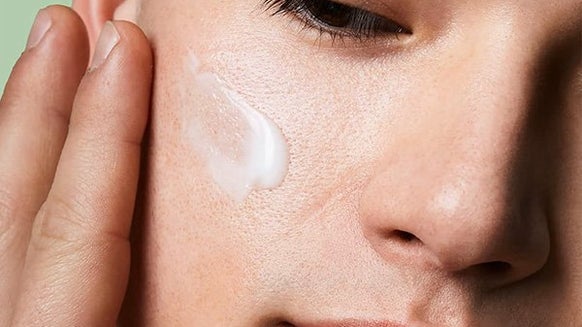GET TO KNOW OUR NEW SOCIAL IMPACT PARTNER: THE RESPECT PROJECT
WHAT IS THE RESPECT PROJECT?
The project began to take shape in 2021 as a response to the Everyone’s Invited scandal, which exposed the widespread nature of sexual harassment and assault in schools.
“The initial aim of the project was a response to the myriad challenges facing young people – teenagers – particularly in the fields of sex, consent and relationships. The Respect Project remains focused on those issues, but my work revealed huge challenges in the fields of beauty, mental health, wellbeing, self-esteem and the teenage relationship with technology and social media in particular.”
Chloe is something of a global expert on the social attitudes and behaviours of Gen Z and Gen Alpha, as seen in her chart-topping podcast, You Don’t Know Me, in which she interviews hundreds of teenagers about topics like pornography, money, feminism, sex and body image (well worth a listen, by the way).
In the aftermath of Everyone’s Invited, Combi started to go into secondary schools to discuss sex, consent and relationships in her characteristic non-judgmental and well-informed way. Since those early days in 2021, The Respect Project has snowballed:
“The project now goes out to many schools and thousands of teenagers. The work is research based; I do quantitative research and focus groups exploring the particular challenges of a school which differ greatly according to age, socioeconomics, geography and gender. I then build a tailored programme of talks, group work, debates and activities like drama, filmmaking and writing which addresses the needs of the class or school.”
WHAT ARE THE BIGGEST CHALLENGES FACING YOUNG PEOPLE TODAY?
Our increasingly digital world means that teenagers are essentially growing up in uncharted territory, navigating issues that their parents never had to face at the same age.
“The biggest challenges are without a doubt the mental health crisis, particularly fueled by social media which makes young people anxious about how they look and feel. The hyperconnectivity (which was supposed to be a good thing) gives them an unrealistic standard to compare themselves to, convincing them everyone is more beautiful, happier and having more fun – which augments the overwhelming sense of anxiety.”
As if that doesn’t sound stressful enough, Combi also notes the emotional toll of coming of age in a world that is changing so quickly. She adds that:
"There is a heightened anxiety about the stability of the future, whether it’s climate, jobs, the economy or what the standards of beauty will be in the next decade, having become so much more extreme in the most recent decade”.
This is where The Respect Project comes in: by equipping teenagers with a framework with which they can discuss these challenges, a route to successfully negotiating them feels that much more achievable.
“Giving every young person a space to think and talk about their worries allows them to become more aware of and objective about the external drivers of their challenges. Every school and experience is different but every conversation, debate and activity I’ve been involved with has been exciting, thoughtful, and sometimes even controversial and sad. I encourage healthy debate, and these are just some of the brilliant and exciting outcomes of The Respect Project”.
WHAT DOES BODY IMAGE HAVE TO DO WITH IT?
At Cult Beauty, we’re holding ourselves accountable to make sure that we, and the wider beauty industry, contribute to a society that is inclusive, supportive and provides young people with the tools they need to thrive. This is why we’re also working with the British Beauty Council to ensure that a positive approach to body image becomes the industry norm.
“The beauty industry has a vital role to play in creating imagery, content, and advertising that reinforces positive body image and increased self-esteem. We are pleased to be working with Cult Beauty and The Respect Project to arm young people and their teachers with the resources they need to put their mental health and wellbeing first. This follows our work in supporting the Online Safety Act and Luke Evans MP's Respect Body Image campaign.” -
Our partnership with these two powerhouses tackles body image from both sides, with the British Beauty Council helping us to improve industry standards, and The Respect Project equipping teenagers with tips and tools to bolster their self image. As Combi notes:
“All sexes are hugely anxious about their looks and body, as they have these unattainable and unreal standards of beauty to live up to, and so giving them the tools to both feel better about themselves and understand what and why is making them feel bad, is hugely rewarding!”
HOW CAN WE RAISE CHILDREN TO HAVE A HEALTHY RELATIONSHIP WITH THEIR BODIES, SEX AND SOCIAL MEDIA?
Anyone who is raising children in this dynamic digital age, or has loved ones who are, will know that it can seem an impossible task at times. Chloe shared three of her top tips for instilling healthy social media habits in children:
“ Keep children off social media when they are very young and when the time comes for them to consume social media and have a phone, go through the different platforms and explain the different tricks and tools, like Facetune and Photoshop.”“ Model healthy social media habits yourself . Be mindful of endlessly scrolling infront of your children as that can model bad habits to your kids. Make sure you do loads of IRL stuff too – the healthiest kids I know are the ones who have rich and full lives away from the screen.”“ But the biggest mental health weapon is knowledge . Be open about the effects of too much screentime, pornography and what ‘real’ beauty looks like vs. social media beauty. This knowledge will enable young people to have a far greater perspective about and insight into a world they spend a lot of time in and so should know the laws and customs of the online world!”
WHAT’S NEXT FOR THE RESPECT PROJECT?
Through this partnership, our ambition is to help The Respect Project reach as many young people as possible through funding their In-School Programme, setting the next generation up with invaluable, lifelong habits that will support them and their loved ones.
“There are so many exciting things coming up – I’m hugely expanding the work of The Respect Project with our brilliant founding sponsors, Cult Beauty, and we’re also being endorsed by The British Beauty Council. With Cult Beauty’s help, my eventual aim is to make The Respect Project a national project and household name that helps every teenager, young person – and their parents – in a time of growing anxiety and needs”.
As for us? Well, we couldn’t be more excited to be working with Chloe and The Respect Project — and this is just the start.
DISCOVER MORE ABOUT THE RESPECT PROJECT>>>

Related Posts
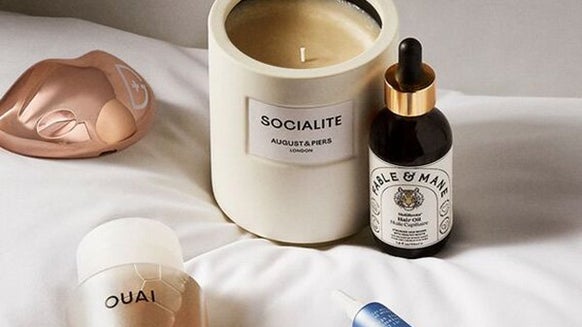
SUMMER IS A STATE OF MIND: HOW TEAM CB WILL KEEP OUR SUMMER STATE OF MIND GOING
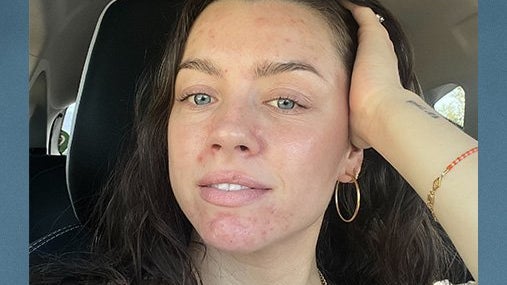
SUMMER IS A STATE OF MIND: MADDIE EDWARDS ON BEING FREE OF CLEAR SKIN EXPECTATIONS
